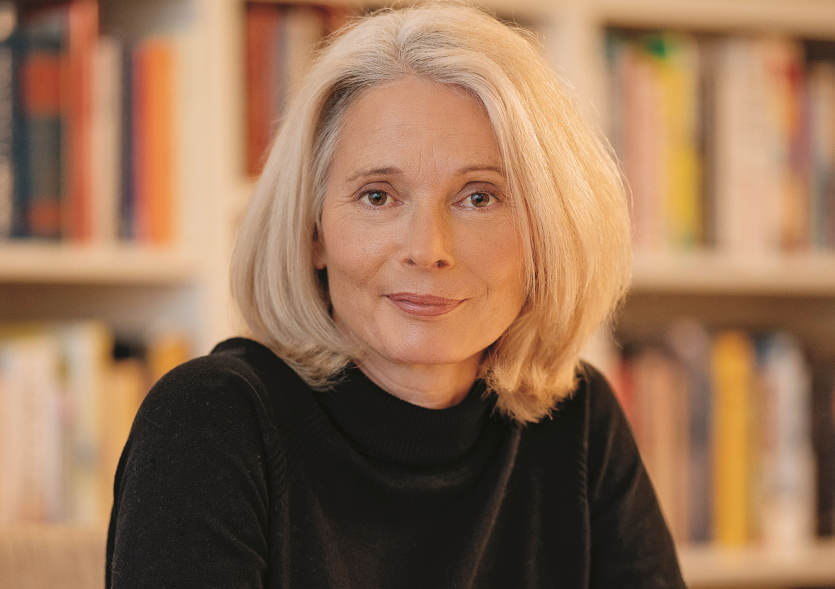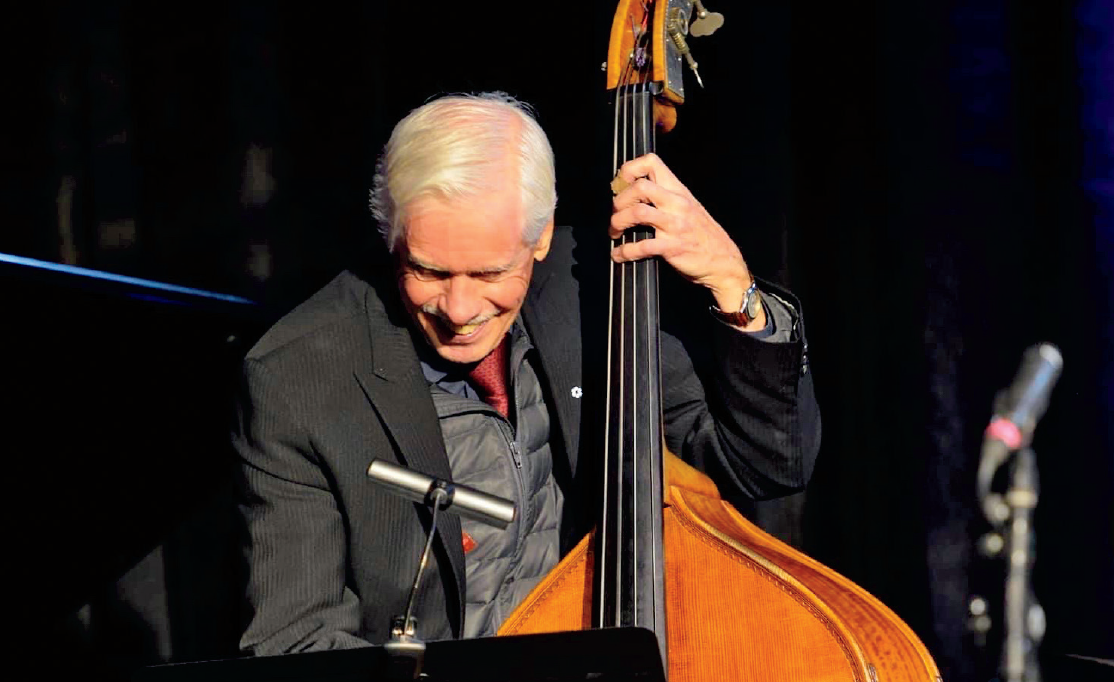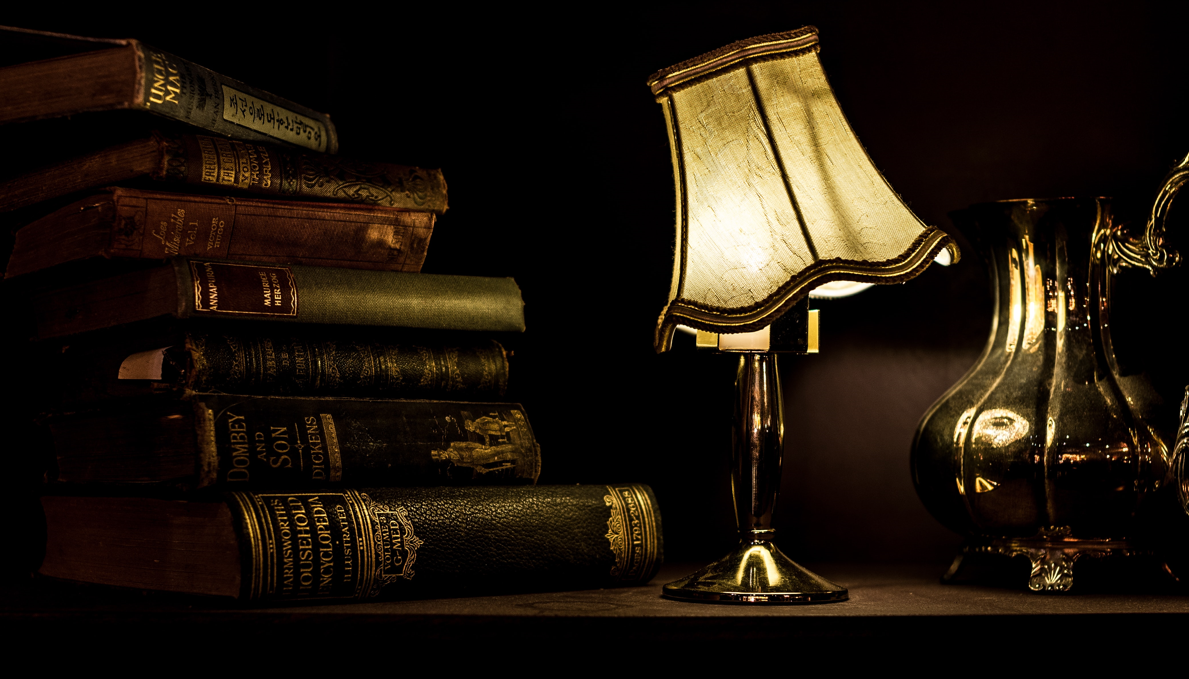Her award-winning fiction tackles serious issues while giving hope to young readers
By Rob Lutes
One of Canada’s most successful and celebrated youngadult (YA) novelists, Susin Nielsen has a knack for creating characters that seem very real. Confronting often-dire life situations, her young protagonists struggle along a challenging, sometimes heartbreaking, and at times hilarious road to achieve their goals. Nielsen’s own journey is itself a study in following a twisting path to realize one’s dreams.
After completing a degree in Radio and Television Arts at Toronto’s Ryerson University, she got a job in craft services, feeding the cast and crew of the hit Canadian television series Degrassi Junior High. But she was, at heart, already a writer. Following the first season, Nielsen surprised producers with a script, and they saw potential in her work. She went on to write 16 episodes and appeared in some in a small recurring role. She has since written scripts for more than 20 Canadian television series and currently has a series of her own creation, Family Law, on Global TV.
But it was a flat-fee gig writing four books in the Degrassi Classic series of novels in the early 1990s that first aroused her interest in writing YA fiction. Her first novel, Word Nerd, was published in 2008 and won multiple awards, including two Young Reader’s Choice Awards. She followed that with six more critically acclaimed YA novels, including The Reluctant Journal of Henry K. Larsen (2012), which won a prestigious Governor General’s Literary Award. Her most recent book, Tremendous Things, was released in 2021. Nielsen lives in Vancouver with her husband and two cats.
Family is an integral part of your books. What was your family situation growing up?
I went to high school in London, Ontario, and then I went to Ryerson for Radio and Television Arts. I was raised by my mom, who was very loving. Of course, she had to work full time to support us, so we didn’t have a lot of money for extras, but she always read to me, and we always went to the library. I spent a lot of time by myself because I’m an only child. So, I think that’s where my active imagination started. I think it’s a blessing if you’re introduced to books, if they are just a part of your life.
Did you study writing at Ryerson?
Not a lot. I knew that I liked to write. I kept journals. I wrote picture books when I was in elementary school and loads of bad poetry in high school. But when I went to Ryerson, I didn’t take any screenwriting classes. I did take a creative writing class given by Constance Beresford-Howe.
About a year after I graduated, a friend said, “There’s this new show hiring called Degrassi Junior High.” I managed to get an interview and they hired me to do craft services, which meant I was feeding the cast and crew muffins, coffee, and sandwiches. I loved working on that show. I was still writing all the time, so I wrote a script between the first and second seasons and handed it to Yan Moore, the head writer. He said, “This isn’t very good, but I see a spark in your writing.” And they gave me a shot at writing a script in season two.
I wound up writing 16 episodes, and that really became my training ground. I remember submitting my first draft thinking I’d done a great job and being told—kindly, as I recall—just how much work needed to be done. I remember going back to my office, crying and thinking “I can’t do this.” But, of course, I just had to keep at it. I think that’s a learning curve for most writers.
When did you start writing Word Nerd?
I had adapted Susan Juby’s trilogy, Alice, I Think, into a very short-lived TV series. Her books were so funny, and I think that that must have ignited something in me. Then it came to a point in the TV world where my phone wasn’t ringing. I remember having a bit of a lightbulb moment when I thought: “You’re a writer. Why are you feeling that you’re at the mercy of the broadcaster? All you need is an idea and your laptop.”
I gave myself the goal of writing four pages a day, and I wound up with the first draft of Word Nerd. Susan read it and liked it enough that she introduced me to her agent, who also liked it. She got me three offers in Canada, which was awesome. The reason that happened was that I’d had so many years of TV work behind me. That became very valuable in writing my novel. I knew pacing. I knew dialogue. And clearly, I guess, I had found my voice.
Word Nerd came out in 2008, and it got a great response.
Not right away. It wasn’t until a good eight months later that it started to appear on Young Reader’s Choice Award lists. Then it won the Red Maple Award in Ontario, and that was an incredible moment. We’re at a literary festival in Toronto in front of thousands of kids who are screaming at us authors like we’re rock stars. It’s hilarious because, of course, we’re anything but. But I thought, “Wow, this is pretty cool—my work is connecting with kids.”
Many of your characters are outsiders, and your books deal with serious issues such as mental health, bullying, homelessness, fat-shaming, divorce, and mass shootings. Why did you choose these themes?
You obviously need a compelling plot to hang everything on. I usually say I start from character, but that’s not always true. For example, The Reluctant Journal of Henry K. Larson is the saddest, I think, of all of my books—I got that idea when I was reading The Hour I First Believed, a book by Wally Lamb. He sets a character in the real-life tragedy of the Columbine High School mass shooting, and there’s a line in the book that mentions that one of the shooters had a brother. I remember getting this chill up my spine and thinking “Imagine being that person.” I’m really proud of The Reluctant Journal in that its subject matter is very dark, but I also managed to get a fair amount of humour in there. Humour is very important in all of my books.
Are you understanding yourself better through writing these books?
I’d like to think so. I’m a very judgmental person. I’d like to think that my books have made me a little more compassionate.
And all of your books offer some light at the end.
It’s the way I like to perceive the world. Honestly, that is for the sake of my readers. I just can’t imagine leaving a bunch of 13-year-olds feeling like nothing’s ever going to get better.
Friendship and community are also crucial for your characters.
Almost all of my characters come from fractured families. My agent had to point that out to me. I said: “Oh, gee, I never thought of that. I’ve been happily married for over 30 years.” I suspect when I think about my own upbringing, we were a tiny little unit, my mom and me. I have always found a bigger family through dear friends and other relationships like that.
What’s your writing process?
The one thing I do is force myself to write even on the days when I don’t know where the story is going. Those are the days when it’s really important for me to sit down. And usually even writing garbage means that something better will spark the next day. And then when I have ideas about what might happen, I’ll write them at the end of the document, like “and then maybe this could happen.”
Do you get an adrenalin boost when you’re writing?
Periodically when I’m writing a book, I will have days that just feel magical, when it honestly does feel like you’ve got your daimon [muse] on your shoulder and you’re just writing whatever they’re saying really, really quickly. Those don’t happen very often, but when they do, that’s super exciting.
How do you understand teenagers so well now when you aren’t one?
I think that as a creator it’s your job to be able to get into your characters’ heads. That said, I would never deign to think that I could get into the head of certain people and certain life experiences. I think one thing is that I have very acute emotional memories from that time of my life. It’s such a wonderful age to write for because it’s a time of firsts and you’re really starting to figure out who you are separate from your parents.
How can older adults have better relationships with youth?
I think being open-minded and listening are important, especially these days. I never ever talk down to young people. When I’m answering questions, I’m super honest with my answers, within reason. Another great way to connect with the young people in your life is to find out what they’re reading and read some of it. Or find out what they’re watching on TV and watch some of it. Even if you don’t necessarily love the show, watch it so that you have something to talk about with them. You’ll wind up discovering things that are going to be fun and new to you, too.
How can people stay young at heart?
I think certainly for me one way is trying new things. I started road biking when I was 48. I learned how to swim properly in my 50s. I’m still a terrible swimmer, but I go to a master class every week. We took up ocean swimming during COVID because pools were closed. Like the rest of the world, I do Wordle every morning and Spelling Bee in The New York Times. And exercise is a huge part of my mental health.
What would you say to someone who is older but has always dreamed of being a writer?
I would say it’s never too late to start. Go for it. If you can, take some creative writing classes. When I started writing Word Nerd, of course I hoped that maybe one day I could get it published, but that wasn’t my immediate goal. It was “I’m going to write something that I want to write.” As long as the goal is that you’re writing it for you and writing it for pleasure, why not give it a go?
Photo credit: Darko Sikman






